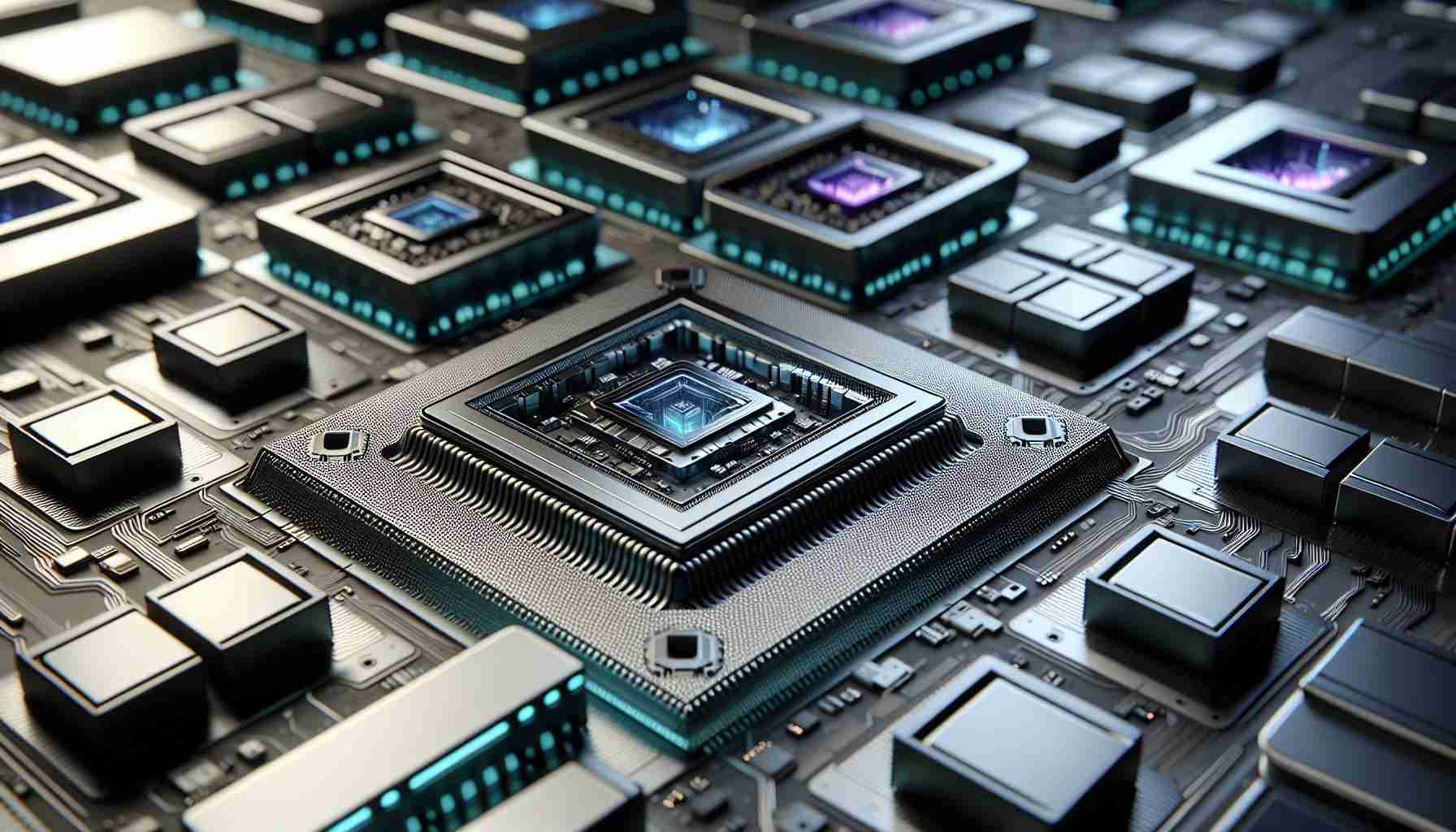Revolutionary Chip Promises Gaming Performance Boosts
In an exciting development for gamers and tech enthusiasts, recent breakthroughs in semiconductor technology are set to revolutionize the world of gaming. With the unveiling of a new generation of chips that promise unparalleled performance and efficiency, the future of gaming looks brighter than ever.
What’s New?
Researchers at a leading tech firm have announced the creation of semiconductors that utilize advanced materials, allowing for faster processing speeds and lower power consumption. This innovation is achieved by incorporating materials that enable electrons to traverse the chip with minimal resistance, enhancing both speed and energy efficiency.
How Does This Impact Gaming?
This new semiconductor technology has the potential to significantly transform gaming by enabling more complex graphics and faster processing times, all while reducing the heat generated by gaming devices. Gamers can look forward to smoother gameplay experiences without the lag that often accompanies today’s high-demand games.
The Future is Gaming
The implications of this breakthrough extend beyond immediate improvements in game performance. It is anticipated that these advanced semiconductors will lead to the development of new gaming experiences that were previously considered impossible. With the advent of virtual and augmented reality, these chips are set to play a crucial role in pushing the boundaries of what gaming consoles and PCs can achieve.
As semiconductor technology evolves, the gaming community stands on the brink of a new era—one where gaming performance is pushed to unprecedented heights and immersive experiences become the new norm.
Will Next-Gen Chips Change the Economic Landscape?
The unveiling of revolutionary semiconductor chips is poised to extend its influence far beyond gaming, potentially reshaping economic landscapes and community dynamics around the globe.
Broader Implications for Industries
While the gaming sector is the immediate beneficiary, these semiconductor advances could impact other high-tech industries such as artificial intelligence, data analytics, and even healthcare technology. The improved processing speeds and energy efficiency could lead to more rapid advancements in these fields, boosting innovation and productivity across various sectors.
What Does This Mean for the Economy?
This could lead to shifting job markets as demand for skilled workers in tech development surges. Communities that adapt quickly, investing in education and tech training, might experience economic growth, leaving traditional industries in their dust. Are we on the verge of a new tech revolution that might inadvertently widen the gap between tech-savvy regions and those less equipped?
Social and Environmental Considerations
The promise of energy-efficient chips may reduce electronic waste and lower the carbon footprint of tech industries, marking a win for environmental sustainability. However, mass production of these chips will require significant raw material extraction, which poses environmental and ethical dilemmas. Could the boom in demand outpace responsible sourcing initiatives?
As these chips promise to redefine performance across multiple platforms and locales, they also raise questions about equitable access, sustainability, and industry adaptation. Communities and countries that strategically leverage this technology may find themselves at the forefront of the next big tech evolution.
For more on semiconductor innovations, visit Intel and ARM.
















